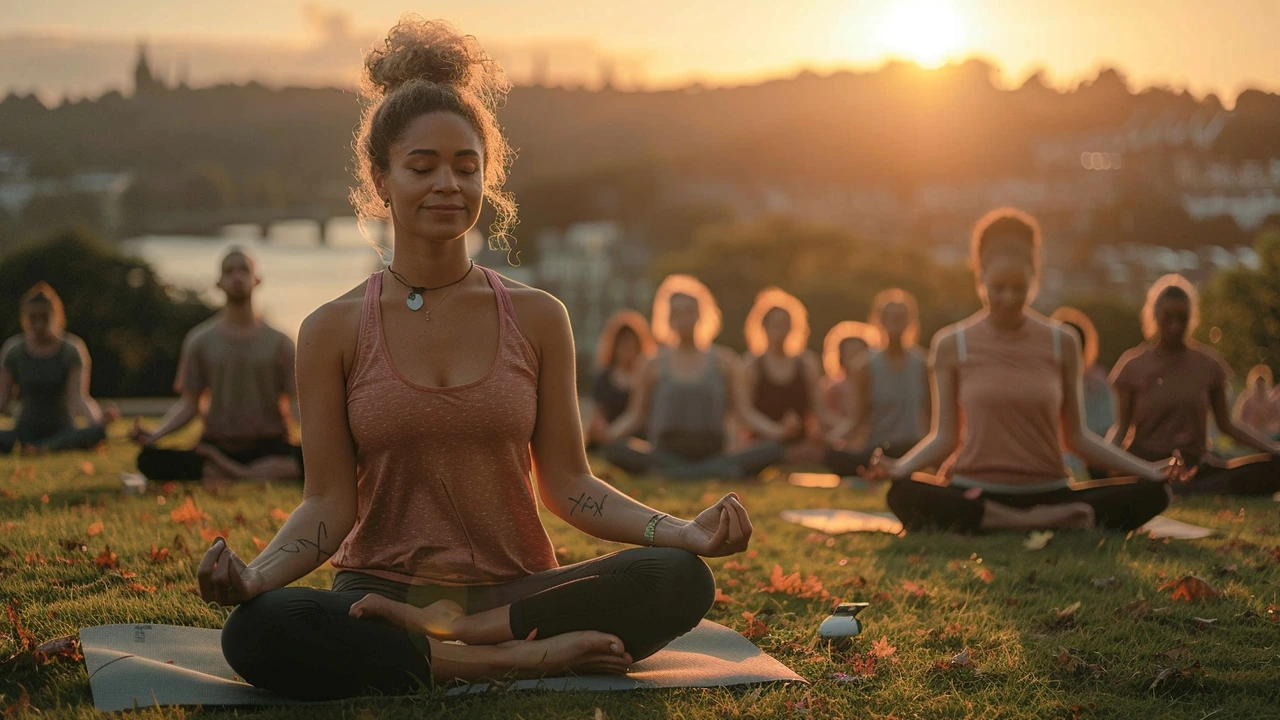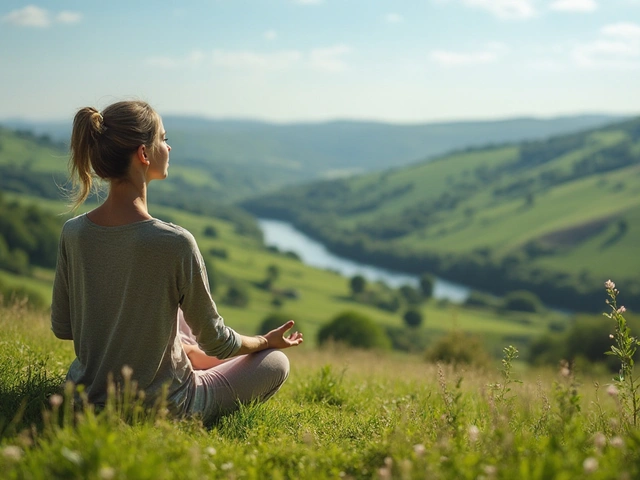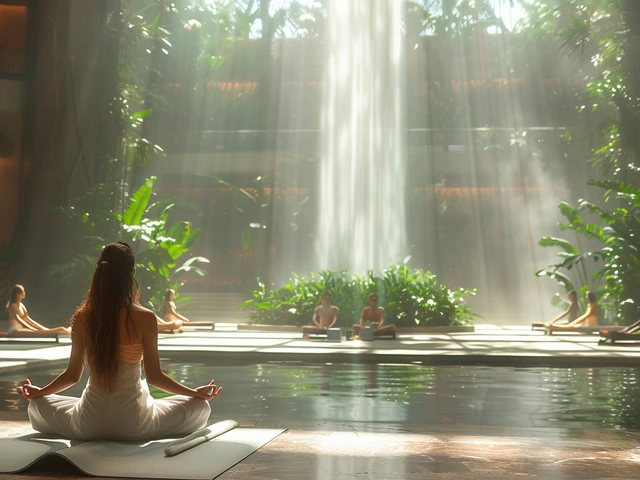The Science Behind Relaxation Techniques
At the heart of understanding why relaxation techniques are beneficial, lies the science of stress and its impact on the human body. When we encounter stress, our bodies activate the "fight or flight" response, releasing hormones like cortisol and adrenaline. This was incredibly useful for our ancestors dodging predators, but in our current lifestyle, chronic activation can wreak havoc on our bodies, leading to issues like hypertension, insomnia, and a weakened immune system.
Relaxation techniques counter this stress response. Practices such as deep breathing, mindfulness, and yoga activate a state known as the "relaxation response". This state helps lower blood pressure, reduce heart rate, decrease muscle tension, and improve overall well-being. A significant fact to note is how quickly these effects can occur, often within minutes of practice, demonstrating the powerful and immediate benefits of relaxation.
Deep breathing, for instance, encourages full oxygen exchange and can interrupt the stress response directly. Mindfulness and meditation practices not only reduce stress but also have been shown to improve symptoms of anxiety and depression, highlighting their importance in mental health management.
Research supports these benefits. A notable study published in the 'Journal of Psychosomatic Research' found that mindfulness meditation can lead to significant reductions in psychological stress, improving quality of life. This is just one of many studies confirming the positive impact relaxation techniques can have on our health.
Practical Tips for Incorporating Relaxation Techniques into Daily Life
Understanding the benefits is one thing, but making relaxation techniques a part of our daily lives is another challenge. It starts with recognizing that even small moments of relaxation can have profound benefits. Setting aside just a few minutes each day for a relaxation practice can start a journey towards significantly reduced stress levels and improved well-being.
Begin with simple exercises. Deep breathing can be practiced anywhere, anytime. Start by focusing on your breath, inhaling slowly through your nose, letting your chest and lower belly rise, and then exhaling slowly. This can serve as a quick reset for the mind and body amidst a busy day.
Mindfulness can be incorporated through mindful eating, walking, or even listening. It's about bringing full attention to the present moment, engaging all senses, and observing thoughts and feelings without judgment. By doing so, we train our minds to remain calm and focused, even in stressful situations.
Yoga combines physical postures, breath control, and meditation, offering a holistic approach to stress relief. Starting with just 10 minutes of yoga daily can help improve flexibility, strength, and mental clarity. There are numerous online platforms offering guided sessions for beginners, making it accessible to everyone.
Lastly, setting realistic expectations is crucial. Relaxation is a skill that, like any other, requires patience and practice. Celebrate small victories and be kind to yourself as you navigate this path towards a more relaxed and stress-free life.






